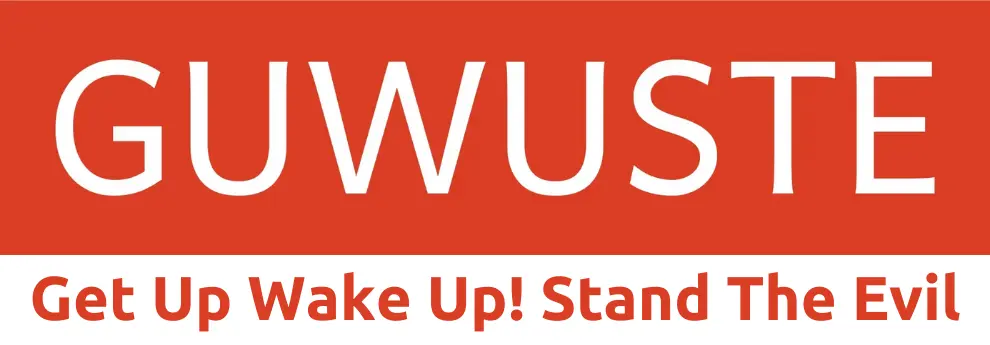The True Face of the US in Syria Is Not Fighting Terror!
24 Jul 2025
- Share:

The Dirty Game of the US in Syria: Resource Plundering Under the Mask of “Fighting Terror”
What is happening in Syria goes far beyond a civil war; it has become a stage for complex conflicts of interest and strategic calculations among global powers. The US’s rhetoric of “fighting terror” is actually a dark game used as a curtain to control the region and seize rich natural resources. Behind this curtain, the suffering of the Syrian people and the geopolitical balances of the region are deeply shaken.
Syria’s Social Mosaic and the Deep Traces of Divide-and-Rule Strategy
Syria has a complex social structure where different ethnic and religious groups live intertwined. Despite human rights violations, the Assad regime is supported especially by the Sunni bourgeoisie, while the US and its allies pursue a systematic divide-and-rule policy to fragment the structure. Ethnic and sectarian differences are deepened to weaken resistance. This strategy has the potential to fundamentally change not only Syria’s but also the region’s geopolitical balances. It is also intertwined with broader strategic goals such as controlling global trade routes, encircling Iran, and blocking China’s Belt and Road Initiative.
Oil and Wheat: Secret Calculations Over Syria’s Resources
A large part of Syria’s daily oil production is under the control of US occupation forces. Approximately 66,000 barrels of oil, contrary to official statements, are effectively seized by the US. Additionally, wheat and grain products are transported by trucks from the Al-Walid crossing on the Iraq border to Northern Iraq. Wikileaks documents reveal how the West instrumentalizes terrorist organizations, and the Trump administration’s approval of oil plundering in 2019 proves the dirty strategy continues.
Attacks on US bases are not only signs of resource plundering but also systematic assaults on the Syrian people’s right to life.
The Destructive Face of Economic War; Neoliberal Policies and Social Collapse
Since 2006, neoliberal policies imposed by the IMF, including austerity and privatizations, have deepened social unrest in Syria. This economic pressure was a key part of “soft war” tactics aimed at weakening the regime internally before military interventions. Simultaneously, the support of armed opposition introduced a hybrid warfare strategy. Economic attacks on people’s livelihoods aim to break resistance and provoke protest potential, posing a serious threat not only to Syria but to all peoples in the region.
Ideological Codes of Terror Rhetoric and the Dark Face of Information War
The US’s selective and distorted definition of terror causes major problems on the battlefield and in diplomacy. Tactical cooperation with radical groups like Al-Qaeda occurs while local resistance structures are labeled “terrorists.” Global media feeds the war on terror rhetoric with dramatic and emotional content, legitimizing military interventions. Thus, local narratives are suppressed, preventing peoples from seeing the truth. The location of US bases is directly linked to Syria’s oil reserves; energy wars are presented as “security operations,” while information warfare becomes as effective a front as physical war.
Media Manipulation and Concealment of Truths
Global media outlets spread the US’s official narrative while suppressing alternative and independent sources. This media duality directly affects the right to access information. Strategies of “chaos production” and “normalizing confusion” support the Balkanization project. Minds are divided before maps are fragmented, weakening resistance. Alternative media makes suppressed truths visible, questions information monopolies, and enables resistance organization. One of today’s most critical battlefields is on the information and media front.
A Cross-Section of Covert Operations and Global Conflicts of Interest
The crisis in Syria is not just a regional issue; it is a complex intersection of global power conflicts, economic wars, and information manipulations. The US’s resource plundering under the mask of “fighting terror” darkens the region’s future. This process appears as a form of warfare conducted at the biopolitical level.
It is vital for readers to recognize the complexity of operations, question official narratives, and act with conscious awareness. Because the war is fought not only for lands but also for minds, resources, and the future.
***






